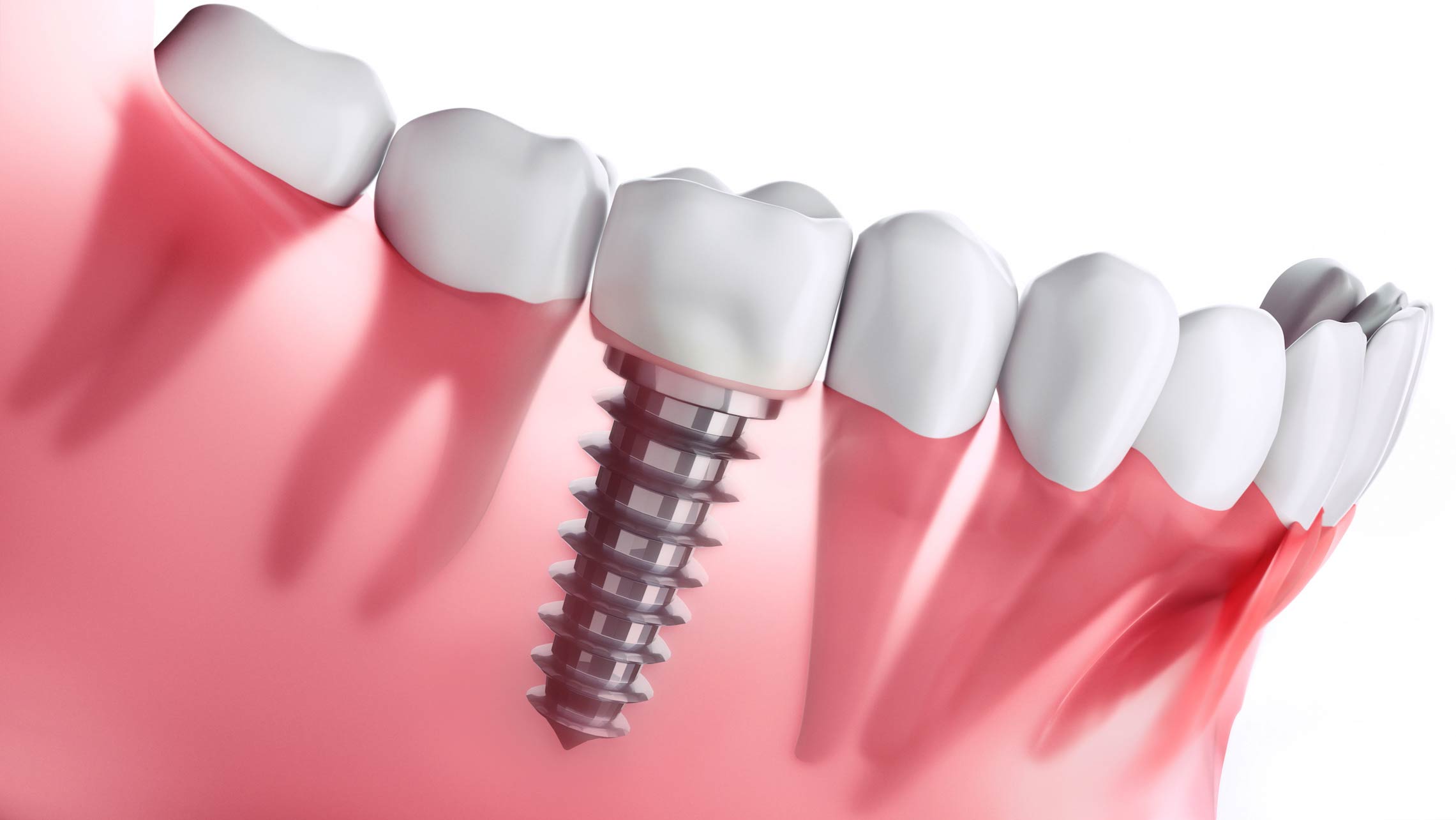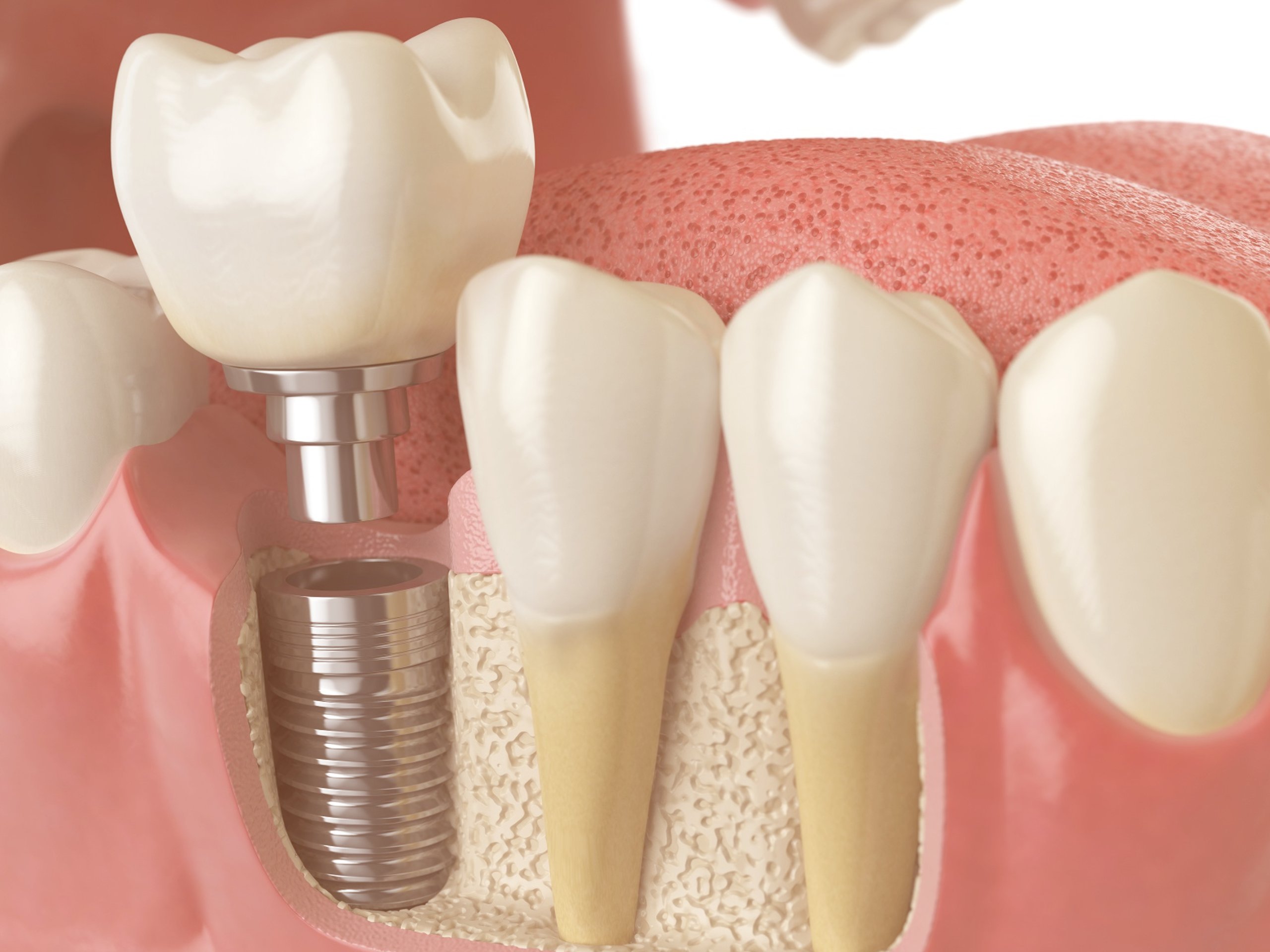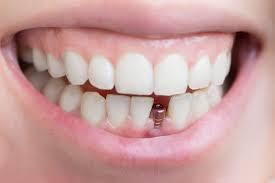What Are The Recommendations For Patients Before And After Dental Implants?
Posted By William Noah
Body
Dental implants are the dental devices that dentists surgically implant to restore a person's appearance or chewing ability. They give support to artificial crowns, dentures, and bridges. Before deciding on Best Dental Implants, consult your dentist about the potential advantages and disadvantages of the treatment and whether you are a good candidate.
Important things to consider
- Your general health will significantly impact whether you are a good candidate for partial or Full Dental Implants. It also affects how long the healing process will take and how long the implant may last.
- Keep track of the brand and model of dental implant systems they use by asking your dentist about them.
- Smoking may hinder the healing process and reduce the implant's long-term success.
- You usually have a temporary abutment in place of the tooth at this time while the implant body heals, which could take several months or more.

After the dental implant treatment
- Schedule regular visits with your dental care provider after Dental Implant Process
- Pay close attention to the oral hygiene guidelines that your dentist has given you. For the implant to be successful over the long term, it is crucial to clean the surrounding teeth and the implant itself regularly.
- Contact your dental care provider immediately if your implant feels painful or loose.
What are the significant benefits and disadvantages of having dental implants?
A person who requires Dental Implant Surgery may notice a considerable improvement in their health and quality of life. Dental implant complications can occur immediately or take a long time to manifest, and implant failure might happen due to several problems. You may require additional implant surgery to repair or replace the implant system if an implant fails.
Advantages or benefits of dental implants
- Restores the cosmetic aesthetics or appearance
- Restores the ability to chew
- It prevents the jawline from shrinking due to bone loss.
- best dental implants near me Improve the quality of life
- Maintains the stability of the nearby tooth
Potential risk factors of having dental implants
- It may cause injury to the surrounding tissue during Tooth Implant Process.
- Causing damage to the surrounding natural teeth while placing the implant
- Injury during the procedure
- Inadequate performance, such as the perception that the teeth do not generally bite together
- An abutment screw loosening may cause the tooth to feel loose or appear to be twisting in place.
- failure of dental implant body
- It can cause by a systemic infection, which may be more common in patients with uncontrolled diabetes.
- Local infection in the bone and gums supports the implant body.
- Delayed healing response may be more common in patients who smoke

- Poor dental hygiene can cause by difficulty in washing the gums around the implant
- periodontal disease untreated
- due to nerve impingement or injury, post-surgical numbness
- Before any X-ray or magnetic resonance imaging (MRI) procedures, always let your medical professionals and imaging staff know that you have dental implants.
Conclusion
We hope the above information may help you understand some crucial aspects and factors regarding dental implants. The above article discusses dental implants' advantages, disadvantages, and other essential things. For further information regarding teeth implants, please check out dentalimplantsdentures.com.










Comments